DHAKA, July 30 (V7N) – The Executive Committee of the National Economic Council (ECNEC) has approved a landmark five-year development project for Dhaka University, allocating Taka 2,841 crore for its comprehensive enhancement. Dhaka University Vice-Chancellor Professor Dr. Niaz Ahmed Khan announced this significant development at a press conference held today at the Abdul Matin Chowdhury virtual Classroom.
The five-year project, titled "Further Development of Dhaka University," is slated for completion by June 30, 2030. This substantial allocation represents the largest development fund the university has received in recent times, according to the Vice-Chancellor.
The project's ambitious plan aims primarily to increase the academic capacity of the university and transform it into a fully residential institution, following the model of British universities. Key infrastructural developments include:
Academic Facilities: Construction of six new academic buildings.
Residential Facilities: Four residential halls for 2,600 female students and five residential halls for male students. This includes the demolition of some existing structures to make way for new multi-story halls, such as a 15-storey female dormitory, and new buildings at Sufia Kamal Hall, Bangladesh-Kuwait Maitree Hall, and the Institute of Leather Engineering and Technology. For male students, dormitories to house 5,100 students are planned, including expansions at Shaheed Sergeant Zohurul Haque Hall, Surja Sen Hall, Haji Muhammad Mohsin Hall, and Dr. Kudrat-E-Khuda Hall.
Faculty and Staff Housing: Residential buildings for house tutors of newly built halls, and two residential buildings for teachers and officers.
Administrative and Other Facilities: Construction of five additional buildings, including a new administrative building (a 20-storey and a 4-storey complex), a 12-storey multipurpose building replacing the old DUCSU building, a four-storey central mosque, and a six-storey medical center.
Campus Upgrades: Reforming four water bodies, beautification of the campus, repairing existing service lines, developing sports grounds (including upgrading the central field with galleries and dormitories), setting up public toilets, and developing modern drainage and waste management systems. The project also plans for a new Press Cum Academic Building.
Vice-Chancellor Professor Dr. Niaz Ahmed Khan extended his gratitude to all who facilitated the securing of these grants. He highlighted the university's commitment to broader academic development, stating that academics and students from other universities in Bangladesh will also be allowed to utilize the research centers, labs, and other facilities developed under this project.
Professor Sayema Haque Bidisha, Pro Vice-Chancellor (Administration), expressed profound gratitude to the authorities and the nation for approving the project, noting that such a development project has been a long-standing demand. She also called upon the university's alumni to contribute to more sustained development initiatives to enable impactful research.
Professor M. Jahangir Alam Chowdhury, DU Treasurer, outlined the project's green initiatives, assuring that it would not consume existing open spaces but instead foster an eight percent increase in green space on campus. He urged journalists to closely monitor the project's implementation to ensure transparency, with the university authorities committed to publishing progress reports every six months.
This project, described as the first phase of a 15-year, three-phase master plan, marks a significant investment in higher education infrastructure and is expected to address long-standing issues related to student and teacher accommodation, academic facilities, and recreational areas at Dhaka University.
END/AHS/RH/



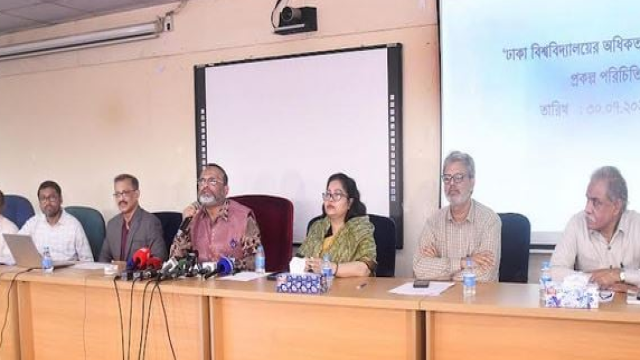
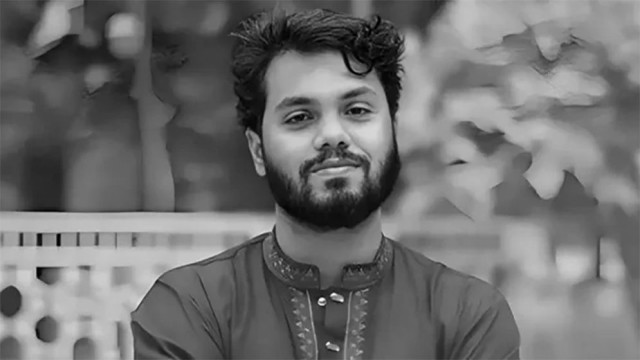
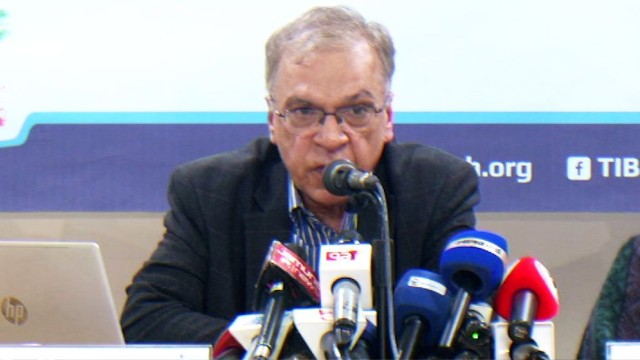

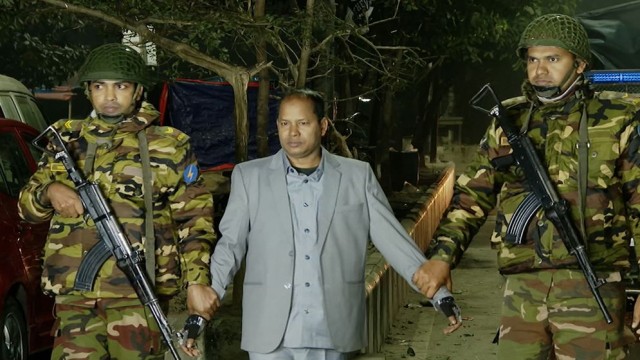
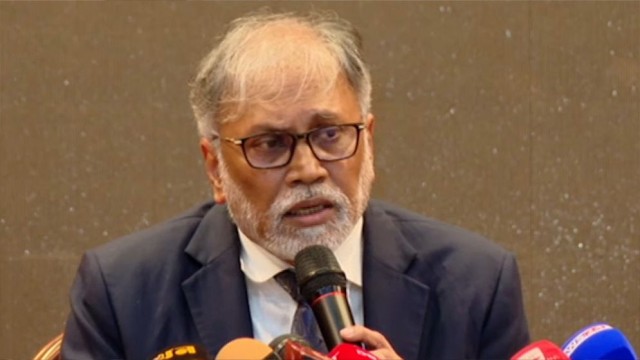
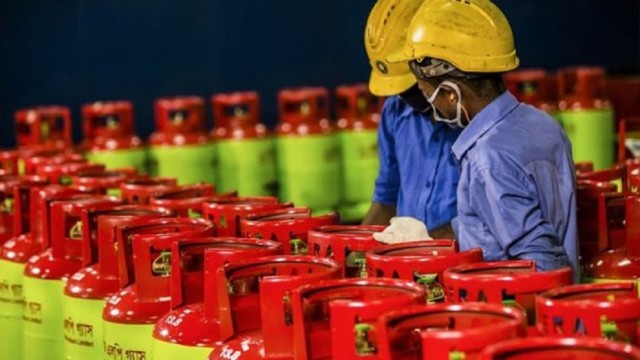
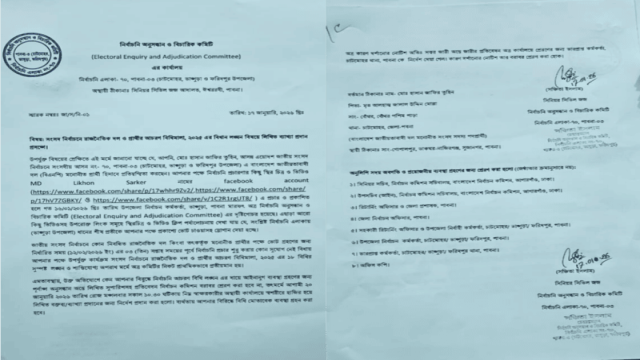

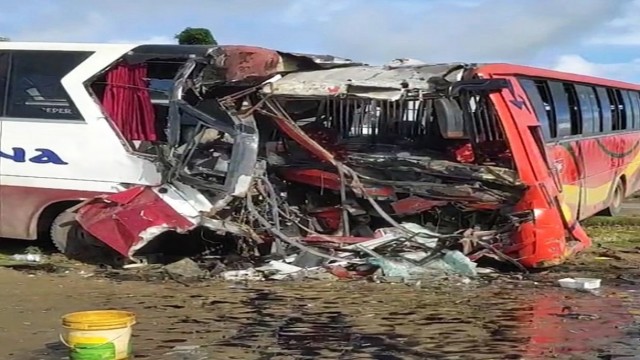
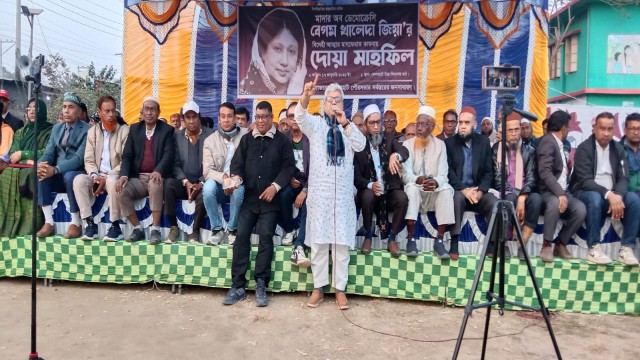

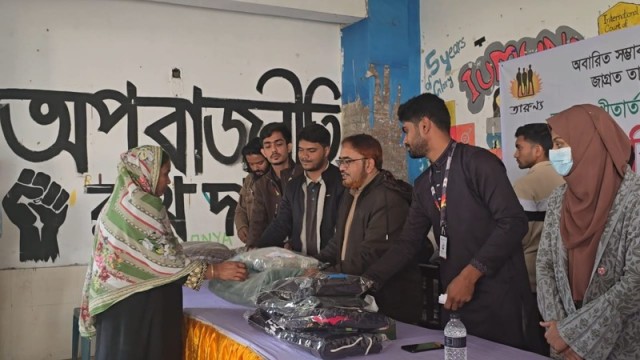
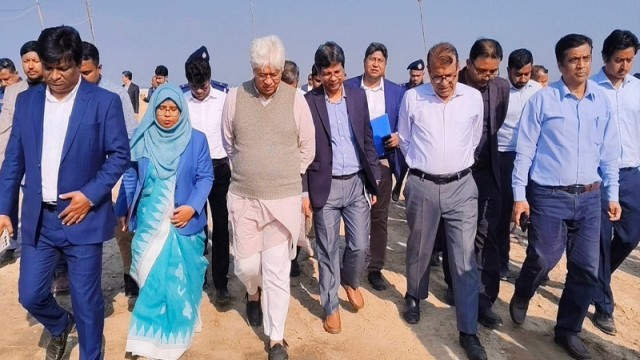
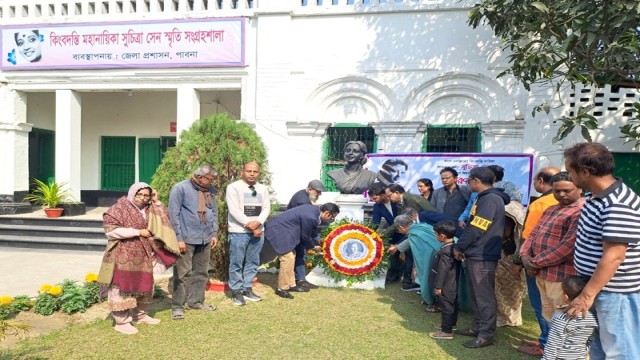
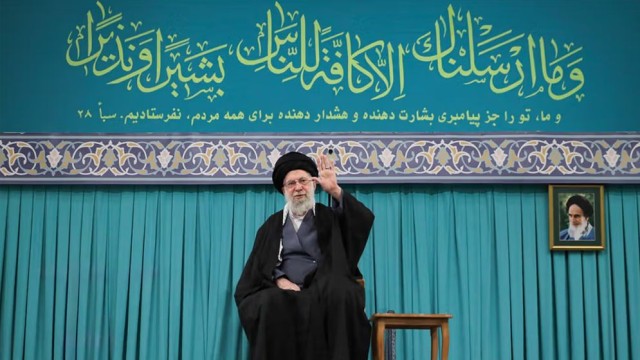
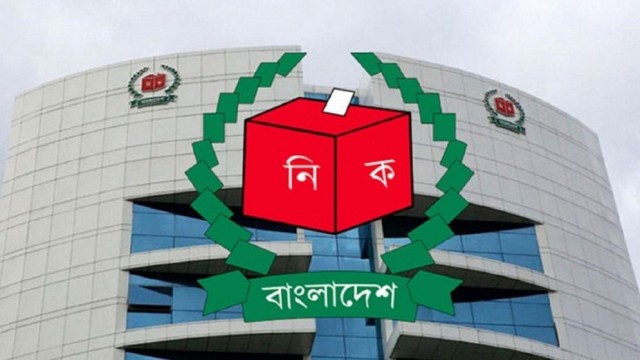


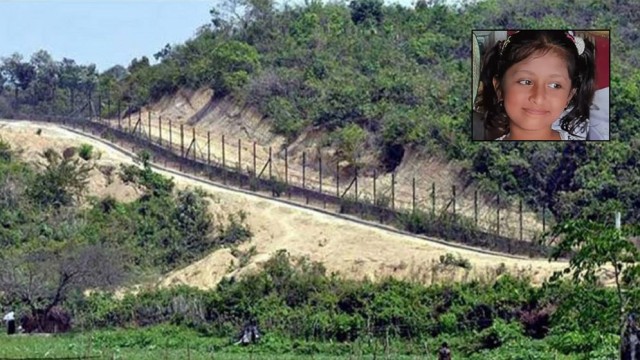

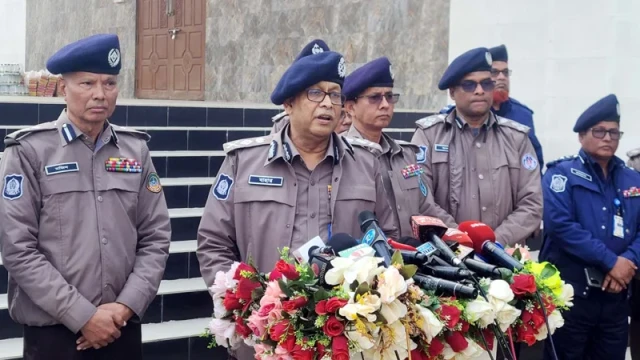
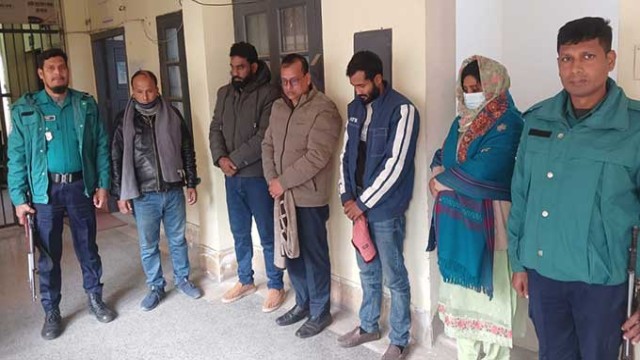


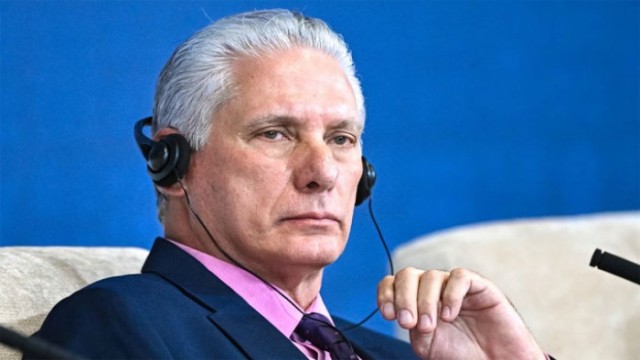

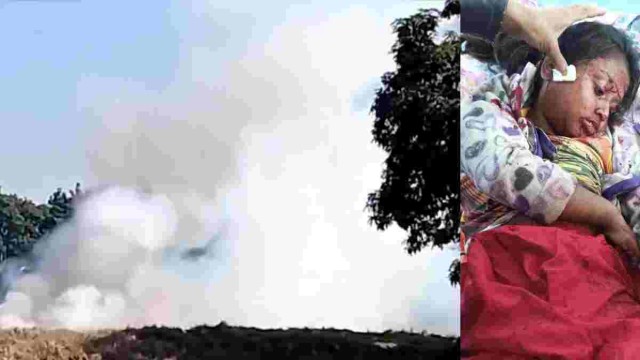
Comment: